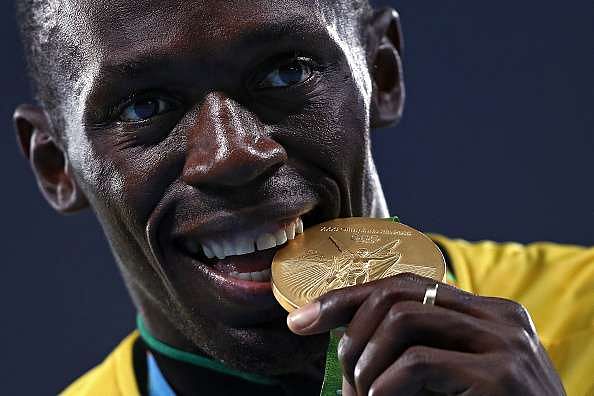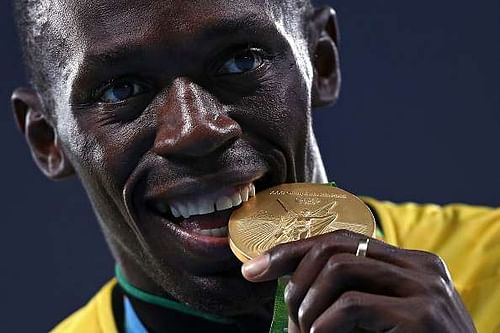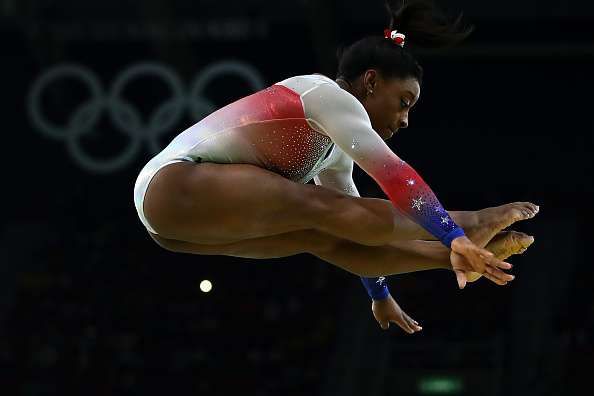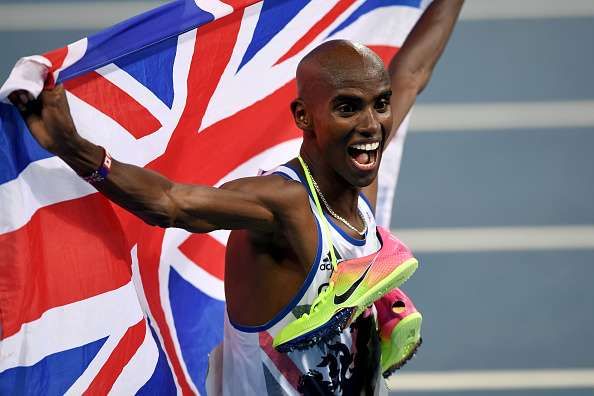
Rio Olympics 2016 flashback: As two legends walk into the sunset, a new generation of superstars rises

Yet another Olympic Games have been underlined by the indelible marks of greatness left by two of the most decorated athletes of all time. Michael Phelps and Usain Bolt scaled peaks that may never be conquered again, leaving them untouched atop the pinnacle of illustriousness.
Having achieved immortality in Rio, the swimmer has called time on a glowing career, and the track icon has suggested he will walk into the sunset next year, leaving behind a legacy that would last forever. It may take generations before someone steps into the breach and turns up performances with the same degree of supremacy.
While the world marveled at the indomitable strength and the longevity of the two sporting legends, there were others who got their own piece of Olympic history. Neymar’s winning penalty not only restored the faith of a football-crazy nation grieving since the 7-1 shellacking at the hands of Germany in the 2014 World Cup but also lifted the morale of a third-world country dented by political and economic crises and burdened by the incredulous cost of hosting the world’s biggest sporting event.
Also read: Who is the greatest Olympian of all time - Michael Phelps or Usain Bolt?
US Dominance

As the Brazilians reveled in their first ever soccer gold, a 19-year-old enchanted the crowds with her moves in the gymnastics arena. Simone Biles, who entered her debut Olympics with a weight of expectations resting on her shoulders, lived up to the billing by putting up near-perfect acts of valor that fetched her four golds and a bronze and established her as one of the greatest in the sport.
While Biles was announcing her arrival on the world’s biggest stage in an emphatic style, another 19-year-old was setting the pool on fire. Katie Ledecky became the first swimmer to win the 200, 400 and 800 metres freestyle at the same Olympics since Debbie Meyer achieved the feat in 1968.
On her way to four golds and one silver, the American demolished the 400 and 800m world records with superlative displays that emphasized the dominance of American women, who were also held in good stead by the barrier-breaking successes of Kristin Armstrong and Simone Manuel.
42-year-old cyclist Kristin Armstrong, the women’s individual time trial gold medalist in Beijing and London, defied her age and defended her title, while Manuel etched her name into history books by breaking the age-old race barrier.
In one of the most dramatic finishes, Simone Manuel tied with Penny Oleksiak of Canada for first place in the 100m freestyle event, to become the first African-American woman to win an individual gold in swimming at the Games.
As the flag went up and the national anthem played in the background, an emotional Manuel stood on the podium with tears rolling down her cheek, an inspirational photo with powers of reuniting an entire nation that has seen fissures with a spate of incidents in recent times which have strained the relations between the black community and the police in the US.
From Ashton Eaton’s second gold at the decathlon to a 1-2-3 finish in the women’s 100 metres hurdles; from dropping the baton to winning the glory in the women’s 4x100 to sweeping the 4x400 honours; from the triumphs in the long jump, triple jump and shot put to the belligerence of the basketball side that dismissed the opponent with disdain, the achievements kept piling up for the US as they signed off as the most successful country in Rio, with 46 golds, 37 silvers and 38 bronzes and an overall total of 121.
Great Britain‘s super show

While the United States’ achievements saw them break the 1,000-gold mark in the Olympics, it was the ascendancy of another country that was winning hearts. Aided by the phenomenal double-double of Mo Farah; the eighth medal for Sir Bradley Wiggins; the record-shattering exploits of Adam Peaty in 100m breaststroke; the first-ever hockey gold won by the women’s team; the show of superiority in the velodrome with Jason Kenny and Laura Trott leading the charge; the gold for Justin Rose in a sport that made an Olympic return after 112 years; and the successful title defense of Andy Murray, team Great Britain finished the games in the second position with a total of 67 medals that included 27 golds.
While Britain’s resounding success caught the imagination of the world, it was China’s inability to challenge America that raised some eyebrows, leading to questions about the country’s future of producing the next generation of sporting superstars. China finished with 70 medals, three more than Great Britain, but had one less gold that saw them finish third.
The Birth of new stars
And then there were a few first-timers basking in glory. A 19-year-old Joseph Schooling stood between Phelps and invincibility as he won the first-ever gold for Singapore, upstaging his idol in the 100m butterfly final with an Olympic record time of 50.39 seconds. This was Phelps’ only blemish in the 2016 campaign that ended with 5 golds and 1 silver taking his total tally to a staggering 28 medals, including 23 golds collected over 5 Olympics.
While Singapore hailed its golden boy, it was the brilliance of 22-year-old Puerto Rican tennis star Monica Puig in the women’s singles; the blistering pace of 19-year-old Ruth Jebet, of Bahrain, in the women’s 3,000 metres steeplechase; the accuracy of Vietnamese shooter Xuan Vinh Hoang in the men’s 10m air pistol final; the power of Tajikistan hammer-thrower Dilshod Nazarov; the swiftness of Kosova judoka Majlinda Kelmendi in the women’s 52 kg category; and the authority of the Fiji team in the Rugby Sevens that ensured their national anthems were played in the Olympics for the first time in history.
Also Checkout: India's Medal Tally in Olympics